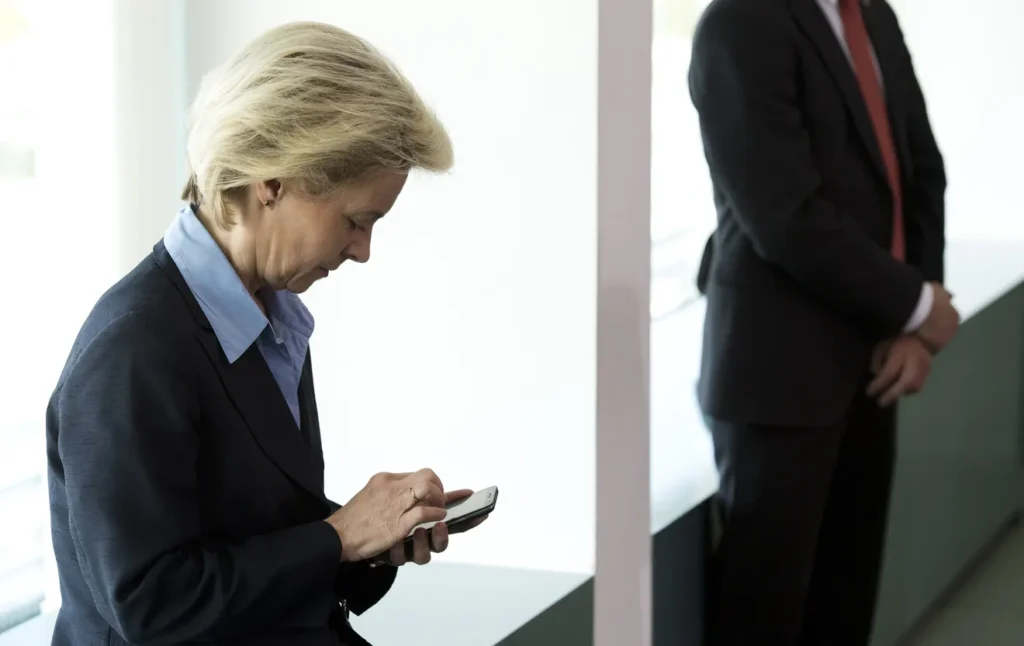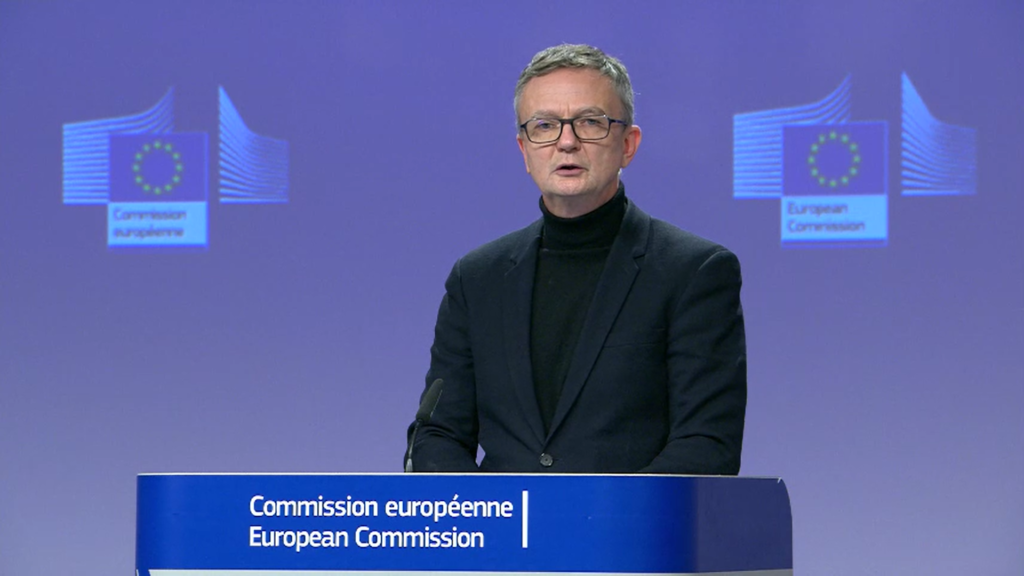Concise overview of mobile phone transparency best practices presented in light-hearted text message format.

On 14 July 2022, the European Ombudsman’s office circulated a concise brochure containing a set of guidelines for organisations comprising the EU’s administration.
The guidelines, which take the format of a two-page memo in a visually attractive mobile phone text app interface with text balloons, contain a list of recommendations based on best practices observed among the EU’s various bodies.
The recommendations mainly go in the direction of raising awareness among staff and ensuring the right infrastructure to enable EU officials to extract, transfer, and store functionally relevant messages from their mobile phones to their organisation’s document management system.
The Ombudsman notes that text messaging is an increasingly oft-used form of professional communication, and reminds EU organisations that “the decision to record a certain piece of information in the administration’s document management system should not be dependent on the medium – be it a letter, an email, a text or instant message – but on its content”.
The guidelines follow after the controversial and much-publicised denial by the European Commission of the existence of text messages between Commission President Von der Leyen and pharmaceutical company Pfizer’s President Bourla in the legal sense of the EU’s access law, even while the former had boasted in the press about her SMS diplomacy at the height of the corona pandemic. According to the Commission, the text messages were of such an ephemeral nature that they could not be understood as constituting documents worthy of archiving, much to the ridicule of access requester Alexander Fanta and sympathisers.
Critics at the time pointed out that this was not the first time for Von der Leyen that mobile phone communication supposedly containing information of pressing public interest conveniently went missing. As German defence minister, Von der Leyen had already gotten embroiled with the Bundestag for exactly the same reason, only to escape scrutiny by being promoted upwards to the EU. On this blog, political scientist Jonathan White decried the disappearance of accountability-relevant information into the grey zone of text messaging as an instance of “Whatsapp Europe”, or the progressive informalisation of executive decision making revolving around ‘strong leaders’.

See also
After becoming involved in the controversy through a complaint by Fanta, the European Ombudsman similarly condemned the Commission’s justification of its handling of the access request. In her view, the Commission put the cart before the horse by establishing text messages not to be documents because they were not placed on the institution’s register. Instead, the Ombudsman reminded that registration was a consequence of, not a pre-requisite for, a document being a document. Consequently, she found the Commission’s refusal to constitute maladministration in a decision that was picked up by national media across the EU.
Upon receiving this decision, the Commission promised to offer its response after careful study the Ombudsman’s reasoning. However, when this response came, the institution failed to report whether it would reconsider the access request, as the Ombudsman’s insisted it should. One year after the initial access request, the Ombudsman referred to the complaint case as a “wake-up call” for the EU, calling on all involved administrative bodies to tackle this issue “in good faith”.
Within days of the publication of the new text transparency guidelines sparked by “Pfizergate”, the Ombudsman also and separately issued a critical decision regarding the lack of transparency of the Commission-Pfizer deal itself. Regarding the protracted, deadline-breaking handling of an access request by the NGO CEO, she remarked that this “does not enhance trust in public authorities”.



